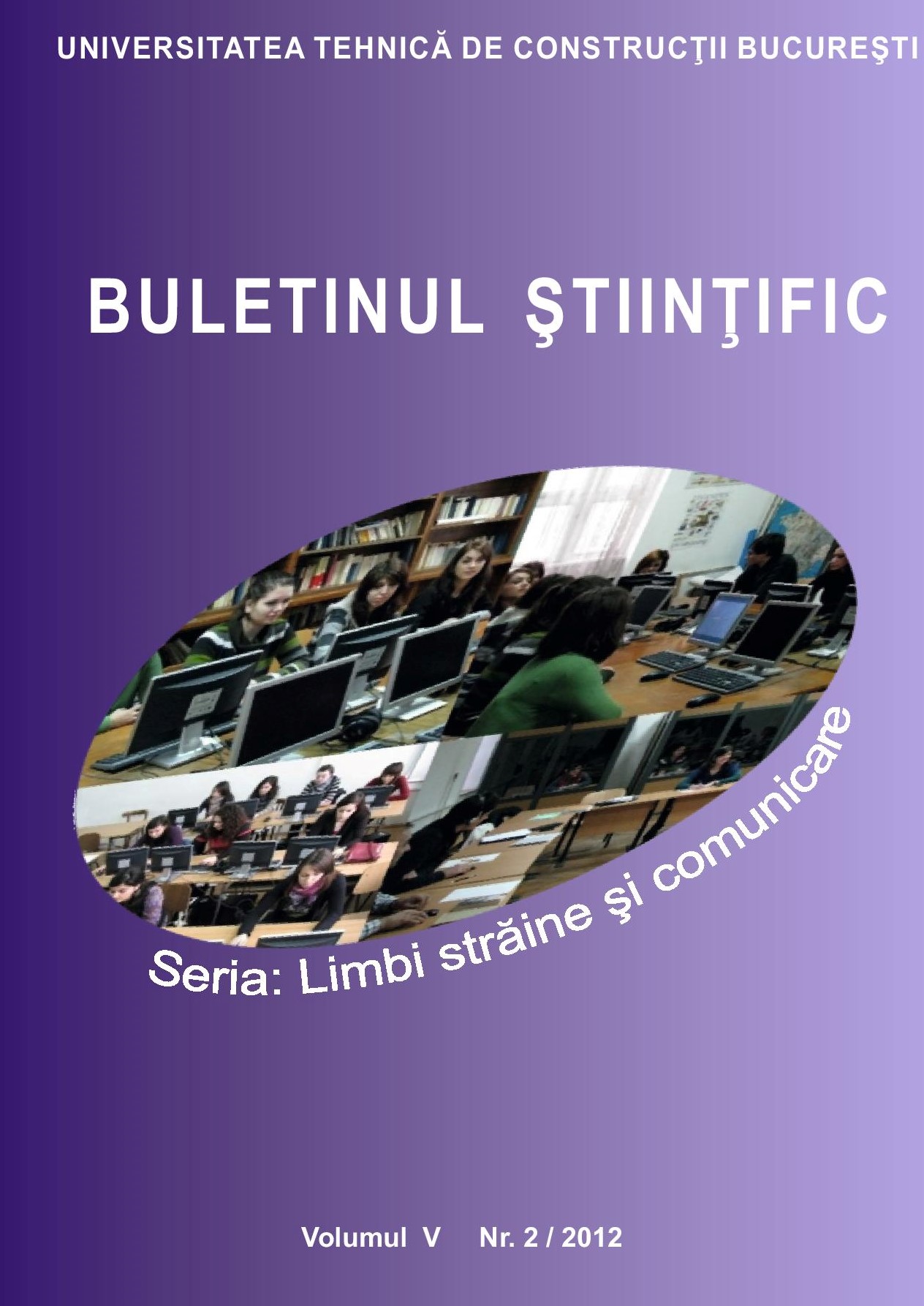WHAT IT TAKES TO BE AN INTERCULTURAL FOREIGN LANGUAGE PRACTITIONER
WHAT IT TAKES TO BE AN INTERCULTURAL FOREIGN LANGUAGE PRACTITIONER
Author(s): Elena SavuSubject(s): Language studies, Language and Literature Studies, Education, Foreign languages learning, Theoretical Linguistics, Applied Linguistics, Philology, Translation Studies
Published by: Editura Conspress
Keywords: internalization; intercultural motivation; interculturalism
Summary/Abstract: This article aims to find answers to several questions that appear more and more often in the field of foreign languages teaching methodology. On the one hand, one might wonder why teachers, in general, and language teachers, in particular, are supposed to become "intercultural". In this sense, the immediate reality provides very clear answers. Under the pressure of globalization and contemporary cultural diversity, the teaching of foreign languages acquires well-defined intercultural dimensions expressed in the content, curricula, teaching methods and educational objectives which reflect this trend towards internalisation. The teachers are the promoters of these changes and, at the same time, the first “intercultural” models for their students. On the other hand, the intercultural “metamorphosis” of teachers foregrounds two essential aspects: the definition and the awareness of their own motivation in approaching inter-culturalism and, in the same way, the development of an adequate intercultural communication competence. Drawing on the numerous references available in the literature, the article defines the concepts of intercultural motivation and intercultural communication competence by analyzing the relationships between them.
- Issue Year: V/2012
- Issue No: 2
- Page Range: 65-72
- Page Count: 8
- Language: English

